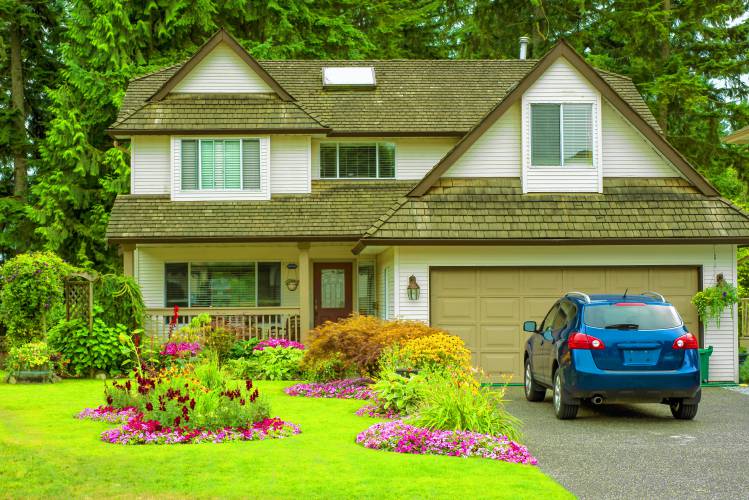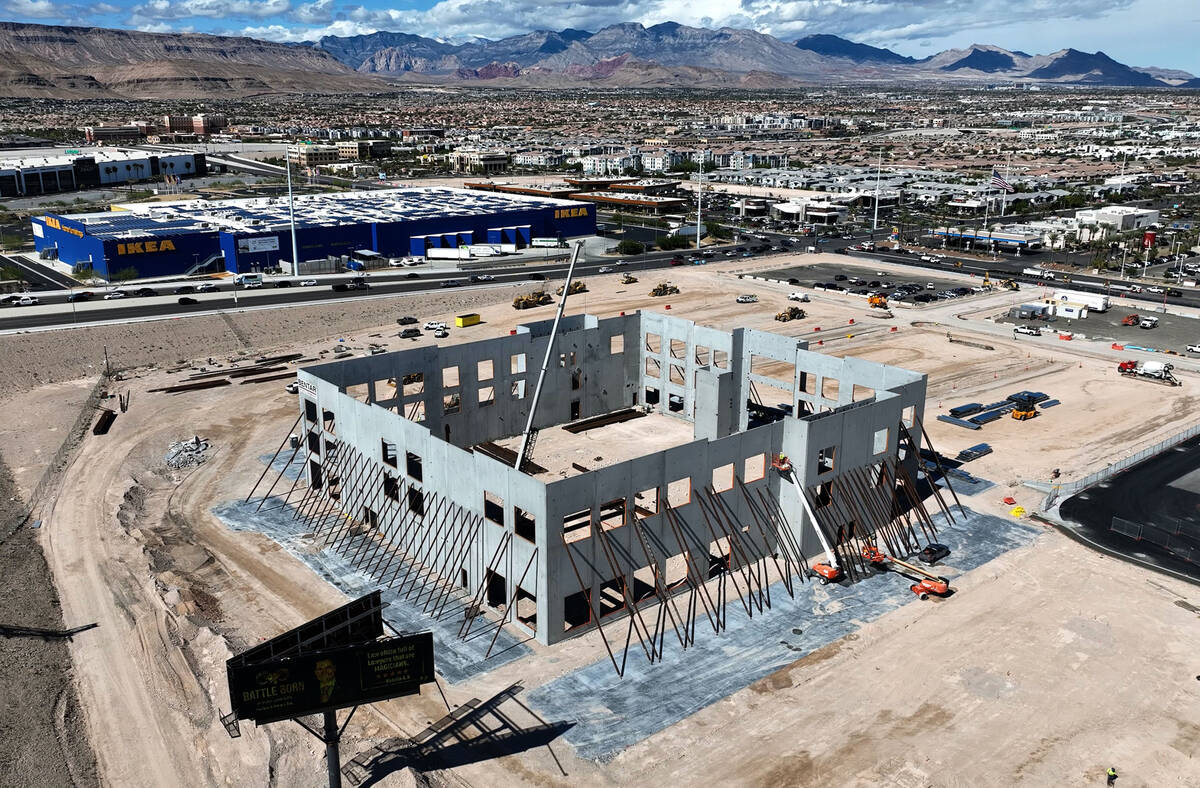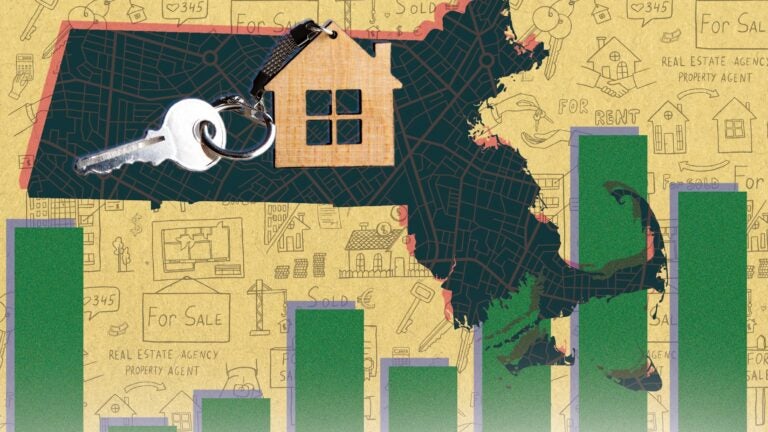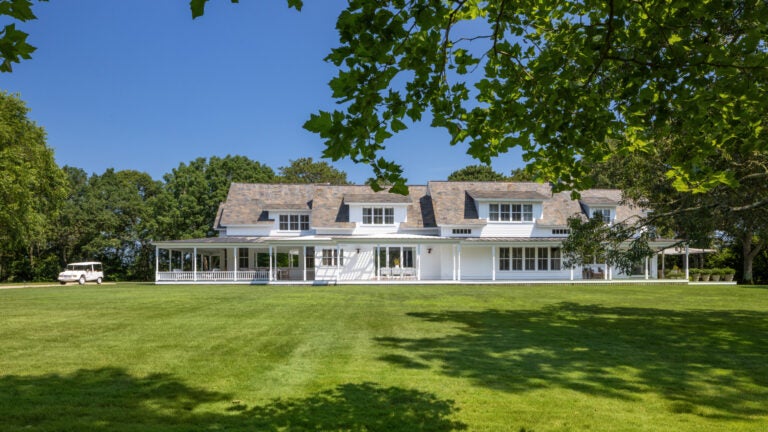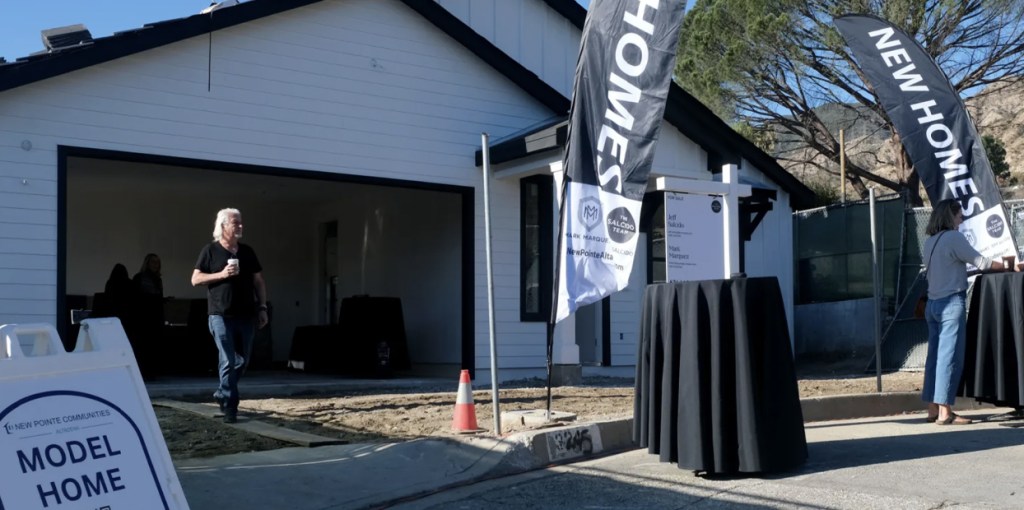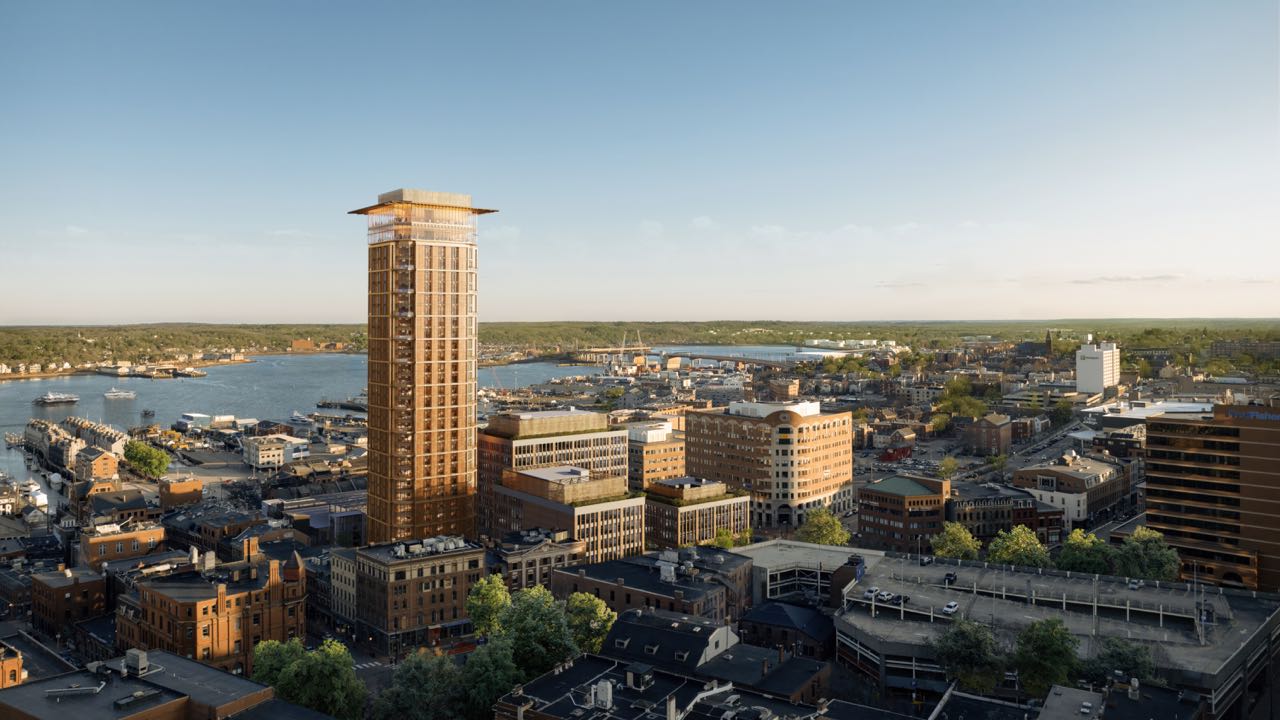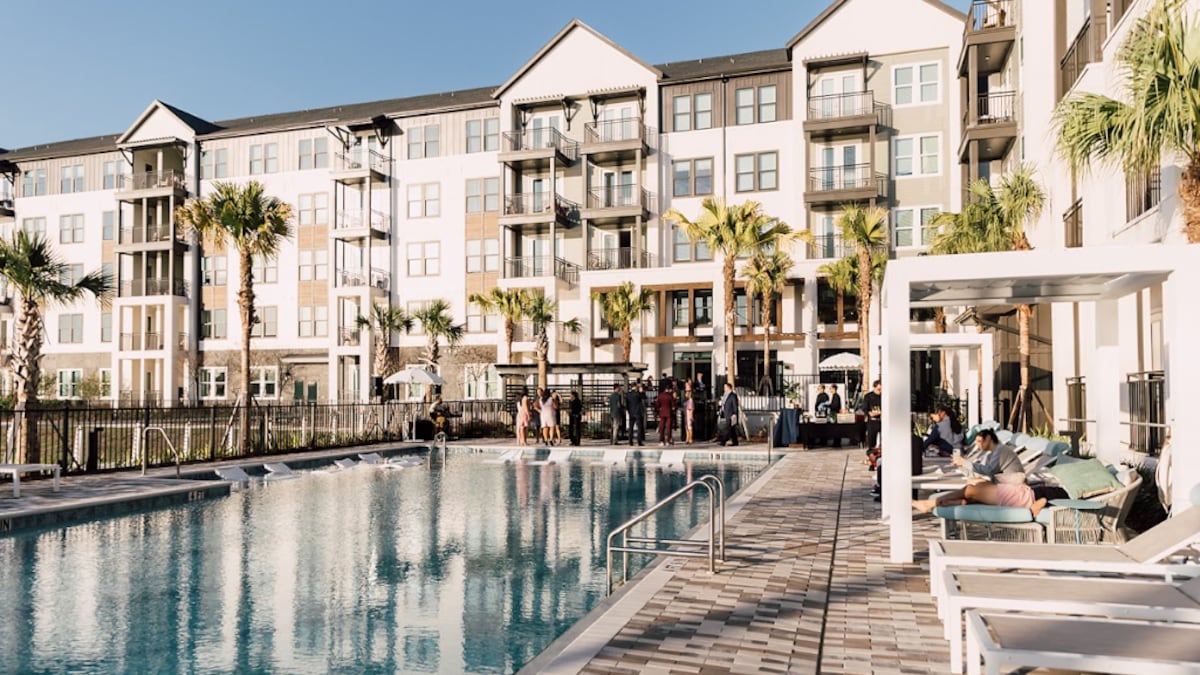T
he US commercial real estate industry is pushing for tax relief and incentives championed by former President Donald Trump to continue in the next administration. The sector is struggling with surging delinquencies, record vacancy rates, and elevated costs of financing. Industry trade groups are particularly concerned about key tax breaks being retained or left unchallenged.
"Do no harm" is the mantra for real estate organizations, said David McCarthy, managing director at the Commercial Real Estate Finance Council. The industry wants to preserve measures like pass-through deductions, like-kind exchanges, and low capital gains taxes. Trump has endorsed making his 2017 tax cuts permanent, although he hasn't specified which measures.
Campaign contributions from the finance, insurance, and real estate sectors favor Trump over Vice President Kamala Harris, a Democrat. Industry trade group the National Association of Realtors has also donated more to Republicans than Democrats.
The industry is concerned about key provisions expiring in 2025, including the qualified business income deduction, which allows owners of pass-through businesses to deduct up to 20% of their business income from taxable income. Harris hasn't explicitly stated her support for this measure, while Trump has said he would make tax cuts permanent.
Another concern is the 1031 "like-kind" exchange, which enables real estate investors to defer capital gains taxes by reinvesting proceeds into new purchases. Harris supports limiting this for high earners, while Trump's views are unclear.
Capital gains tax rates are also a major concern, with NAIOP advocating for industry interests rather than partisan politics. Harris has proposed increasing the top capital gains rate to 28% for households earning more than $1 million annually.
The industry is also grappling with empty office buildings across the US, with adapting them into housing being one potential solution. However, this idea may only be realistic for about 10% of the US's office stock, according to industry trade groups.

